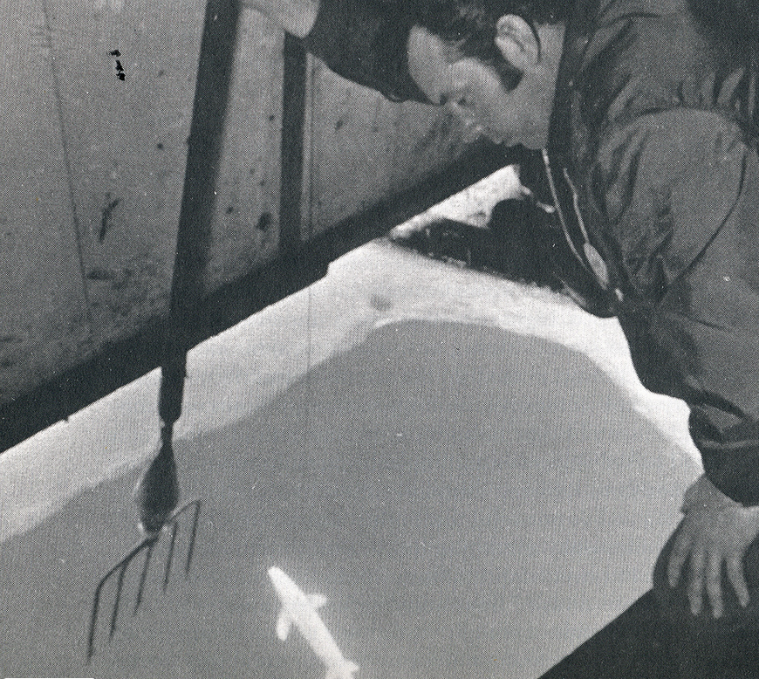Oscar-winning documentary film director Errol Morris has rather direct advice for those who are seeking to gain information or insight by interviewing someone: “Shut up and listen!” he says.
Writing in Businessweek magazine in 2011, Errol said he discovered his technique by noticing how his interview tapes grew longer and longer as he began to speak less and less on them. Soon he began to “speak as little as possible,” he wrote. “I was really proud of the interviews where my voice wasn’t on the tape at all.”
You don’t need to be a documentary film maker or investigative journalist to use Morris’ “shut up and listen” technique. It works for any type of interview, whether it be with a prospective employee, in a chance meeting with a competitor or when trying to learn something from an expert on a topic for which you have an interest.
Inspired by the Morris’ approach, here are some questions and approaches to learn anything from anyone:
1. Don’t explain your question–just ask it and stop talking when you reach the question mark.

(Photo via Global Sports Forum on Flickr)
Do we need to explain this advice?
2. Get comfortable with the sound of silence.

(Photo via Julien Mourlon on Flickr)
We’re not talking about the Simon and Garfunkel song.
3. Start questions with what journalists call “the 5Ws and an H“: Who? What? Where? When? Why? and How?

(Photo via wikimedia commons)
To this standard advice, add a slight touch of ego-boosting spin for the person you are interviewing. Something like, “How did you come up with such a creative idea?”
4. If you don’t understand the answer, don’t nod as if you do–ask for an explanation.
(Photo via wikimedia commons)
“Can you explain what you just said as if you were talking to someone who doesn’t have any background on this topic. For instance, how would you explain that to my mother?”
5. If you want clarification of what is being said, re-phrase the answer in your own words and ask if it is correct.
(Photo via wikimedia commons)
This can be as simple as saying, “Let me make sure I am understanding what you are saying. Are you saying…”
6. Don’t hesitate to ask dumb questions.
(Photo via Andre D’Macedo on Flickr)
While this advice is credited to many people, here is the way Carl Sagan once explained it: “There are naive questions, tedious questions, ill-phrased questions, questions put after inadequate self-criticism. But every question is a cry to understand the world. There is no such thing as a dumb question.”
7. If your question is being ignored, ask it another way.
(Photo via wikimedia commons)
Depending on the situation, it may be that the person merely misunderstood your question or headed down the wrong path with the answer. So, be polite in re-directing your question in a clearer and more direct way.
8. Don’t fish for the answers you want.
(Photo via Harrison on Flickr)
You won’t learn anything new or insightful if you phrase questions in ways that are obviously seeking to confirm what you want the answer to be.





